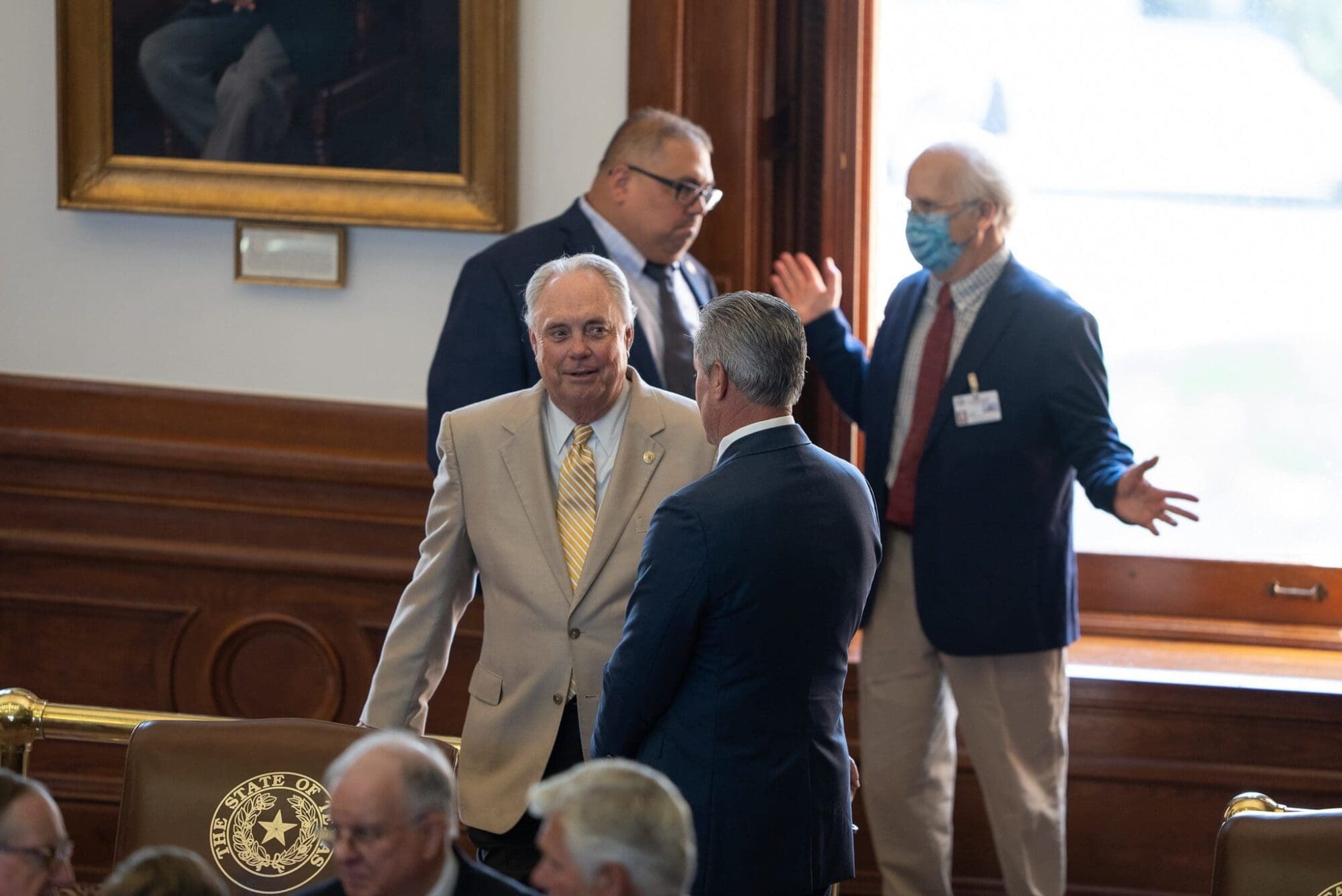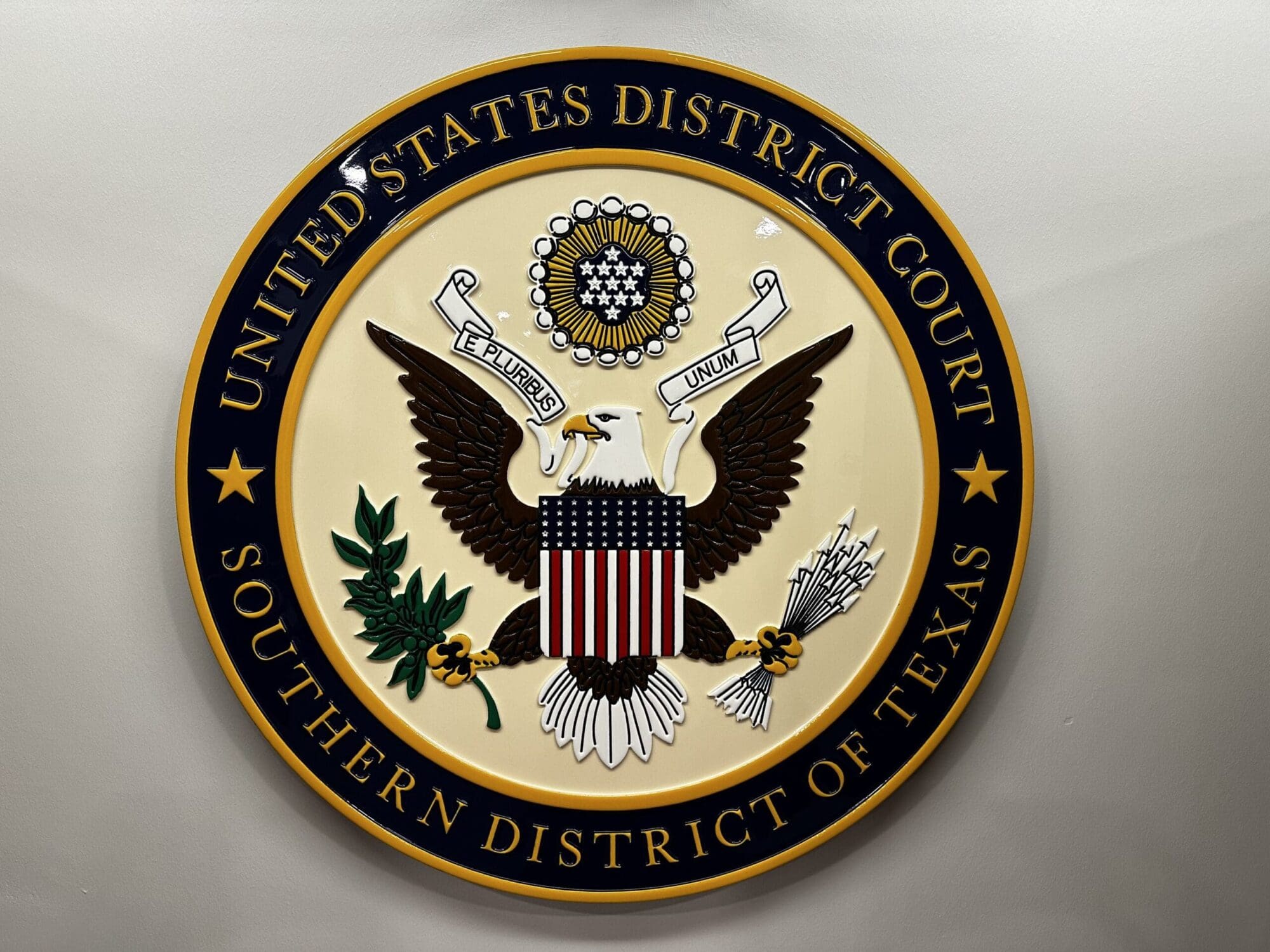Lawmakers in the Texas House have passed a measure creating burdensome new regulations for campaign treasurers.
House Bill 5111, filed by State Rep. Drew Darby (R–San Angelo), would largely prohibit campaign treasurers from simultaneously overseeing the finances of candidates and political action committees.
Representatives moved the measure forward on Wednesday after several delays, confusion, and a number of questions on how a massive amendment related to the original proposal.
A day later, representatives voted 76-71-2 to pass HB 5111.
Members of the House Committee on State Affairs had reported HB 5111 favorably to the floor last month. Yet, as Darby noted when laying out the measure on Wednesday, the version presented on the floor was quite different.
Among the changes made were the removal of criminal penalties, adjustments to restrictions regarding candidates’ treasurers and political committees’ treasurers, and the assurance that a treasurer’s personal information is not made public.
The new version of HB 5111 maintains that a campaign treasurer for a political candidate’s principal committee generally cannot also be a campaign treasurer for a political action committee, and vice versa.
However, an exception was made allowing treasurers on a candidate’s principal committee to oversee the same candidate’s specific purpose political committee (SPAC).
SPACs are a type of PAC usually established to support or oppose an identified single candidate or a small group of candidates for a short duration.
They contrast with general purpose political committees (GPACs), which engage in broader political activities, often supporting or opposing unidentified candidates, measures, or officeholders for a longer duration.
Under the amended HB 5111, a candidate’s campaign treasurer:
- Cannot be an employee or contractor for an SPAC or GPAC,
- Cannot be a registered lobbyist, and
- Cannot have committed an election violation.
PAC campaign treasurers face similar restrictions but are allowed to be registered lobbyists. Still, they are not allowed to be a campaign treasurer for another PAC that has spent over $25,000 in the most recent reporting period.
Two other key provisions would prohibit an individual from being a campaign treasurer for a candidate or political committee if they have committed a Texas Ethics Commission violation within the last five years.
Tony McDonald, a Fort Worth-based attorney specializing in free speech lawsuits, criticized HB 5111 for its extensive restriction on those who have committed a TEC violation.
“Make a typo on a report? File it a day late? Boom, you’re ineligible,” said McDonald on X. “Very few political committees in Texas are big, sophisticated entities. Most PACs are very small, with limited funds. They are often associated with little Republican and Democrat clubs, or local parties.”
“HB 5111 creates a minefield for political participation in Texas,” he added.
If a candidate or political committee is found to have appointed an ineligible campaign treasurer, they are subject to a civil penalty equivalent to three times the amount of contributions received after being notified of the violation.
Lawmakers, including Darby, expressed confusion on the floor regarding the differences between the measure that passed out of committee last month and the amended version that was eventually approved.
Throughout his presentation and defense of the measure on the floor, Darby continually misrepresented his proposal’s required minimum age for campaign treasurers as 21 instead of 18.
“And [the age requirement to be a campaign treasurer is] 21 for every race, even races that you don’t have to be 21 to run for?” asked State Rep. John Bucy III (D–Austin).
“Correct,” responded Darby.
Several lawmakers, including State Rep. Mitch Little (R–Lewisville), expressed concerns over Texas residency requirements for campaign treasurers and how they would affect their own treasurers.
“Nothing in this bill affects anybody’s treasurer,” assured Darby, adding that “you can keep your treasurer, but if you appoint a new treasurer after January 1, 2026, then you cannot be the treasurer of a candidate and a PAC, nor could you have an out-of-state treasurer.”
Little pushed back further.
“I’m just confused about that aspect of it, Chairman Darby,” said Little. “What problem are we trying to solve by preventing candidates in Texas from using an out-of-state treasurer after this bill passes?”
“These are Texas laws, Texas ethics laws, and we need to have somebody in Texas that will be the point person to answer any questions regarding the candidate or the treasurer’s responsibilities,” answered Darby.
The controversial measure will now head to the Texas Senate for consideration.
No ads. No paywalls. No government grants. No corporate masters.
Just real news for real Texans.
Support Texas Scorecard to keep it that way!





